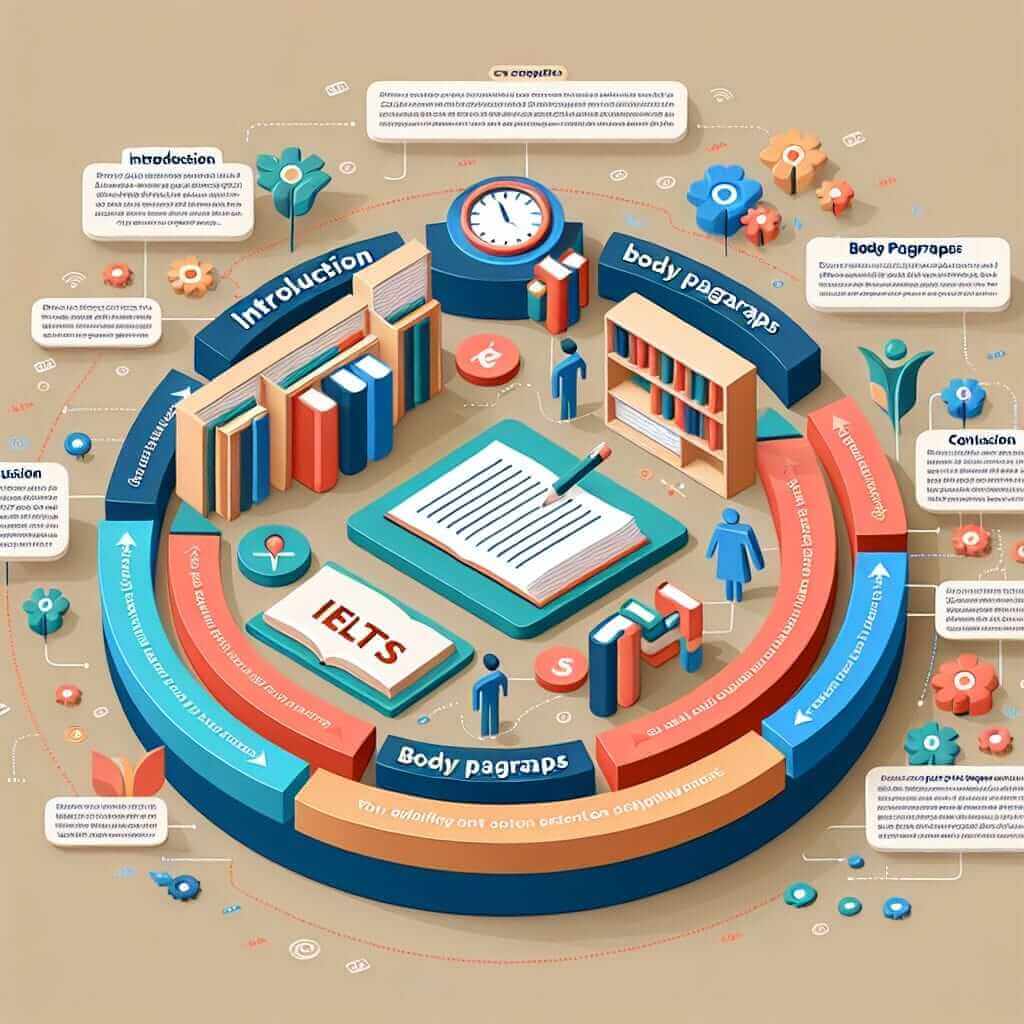Mastering the IELTS Academic Writing Task 2 can significantly impact your overall score. This section requires you to compose a well-structured essay in response to a given prompt. As an IELTS instructor with over two decades of experience, I’ve helped countless students excel in this area. In this comprehensive guide, we’ll delve into proven strategies and insights to help you craft high-scoring essays.
Understanding IELTS Task 2 Writing
The IELTS Academic Writing Task 2 assesses your ability to present arguments, analyze viewpoints, and use a wide range of vocabulary and grammatical structures. You’ll be presented with a social, technological, environmental, or cultural issue and asked to provide your perspective.
Essay Types
Familiarity with common essay types is crucial for effective preparation. These include:
- Opinion Essays: Express your viewpoint on a given topic and provide supporting arguments.
- Discussion Essays: Analyze both sides of an argument and present your own opinion.
- Advantages and Disadvantages Essays: Discuss the benefits and drawbacks of a particular issue.
- Problem and Solution Essays: Identify a problem and propose viable solutions.
- Two-Part Question Essays: Address two distinct questions related to a central theme.
Crafting a High-Scoring Essay
A structured approach is essential for success in IELTS Writing Task 2. Let’s break down the process step-by-step:
1. Analyze the Question:
- Identify the key words: Circle or underline the most important words in the prompt to ensure you fully understand the task.
- Determine the essay type: Recognizing the question type will guide your essay structure and argumentation.
- Plan your response: Before you start writing, brainstorm ideas and create a simple outline to organize your thoughts.
2. Structure Your Essay:
A well-organized essay typically consists of four or five paragraphs:
- Introduction: Begin with a hook to engage the reader and provide background information on the topic. Clearly state your thesis statement, outlining your main argument or stance.
- Body Paragraphs (2-3): Each body paragraph should focus on a single supporting argument or idea. Start with a topic sentence that introduces the paragraph’s main point. Provide evidence, examples, and explanations to support your claims.
- Conclusion: Summarize your main points without introducing new information. Restate your thesis in a clear and concise manner. You may also offer a final thought or call to action if appropriate.
3. Use Cohesive Devices:
Cohesive devices, such as linking words and phrases, are essential for creating flow and coherence in your writing. Examples include:
- Addition: Furthermore, Moreover, In addition
- Contrast: However, On the other hand, Conversely
- Exemplification: For example, For instance, Such as
- Cause and Effect: Therefore, As a result, Consequently
4. Employ a Variety of Vocabulary and Grammar:
Show off your language skills by using a range of vocabulary and grammatical structures.
- Vocabulary: Incorporate synonyms, academic vocabulary, and idiomatic expressions where appropriate. However, avoid using overly complex vocabulary if you’re unsure of its meaning.
- Grammar: Demonstrate your mastery of complex sentences, different tenses, and a variety of grammatical structures.

Example from a Real IELTS Exam:
Prompt: Some people believe that technology has made our lives easier, while others argue that it has made life more complicated. Discuss both views and give your own opinion.
Sample Introduction: In today’s rapidly evolving world, technology plays an undeniable role in shaping our lives. While some argue that technological advancements have simplified our daily routines, others contend that they have introduced unforeseen complexities. This essay will examine both perspectives before presenting my own viewpoint.
Tips for Success:
- Practice Regularly: Aim to write at least one essay per week to hone your writing skills.
- Seek Feedback: Ask an experienced IELTS tutor or English teacher to review your essays and provide constructive criticism.
- Time Management: During the actual exam, allocate your time wisely. Spend approximately 40 minutes on Task 2.
- Proofread Carefully: Always leave a few minutes at the end to proofread your essay for any spelling, grammar, or punctuation errors.
Conclusion:
Excelling in the IELTS Academic Writing Task 2 requires consistent effort, a structured approach, and a solid understanding of the assessment criteria. By following the strategies outlined in this guide and dedicating sufficient time to practice, you can confidently approach the writing section and achieve your desired band score.